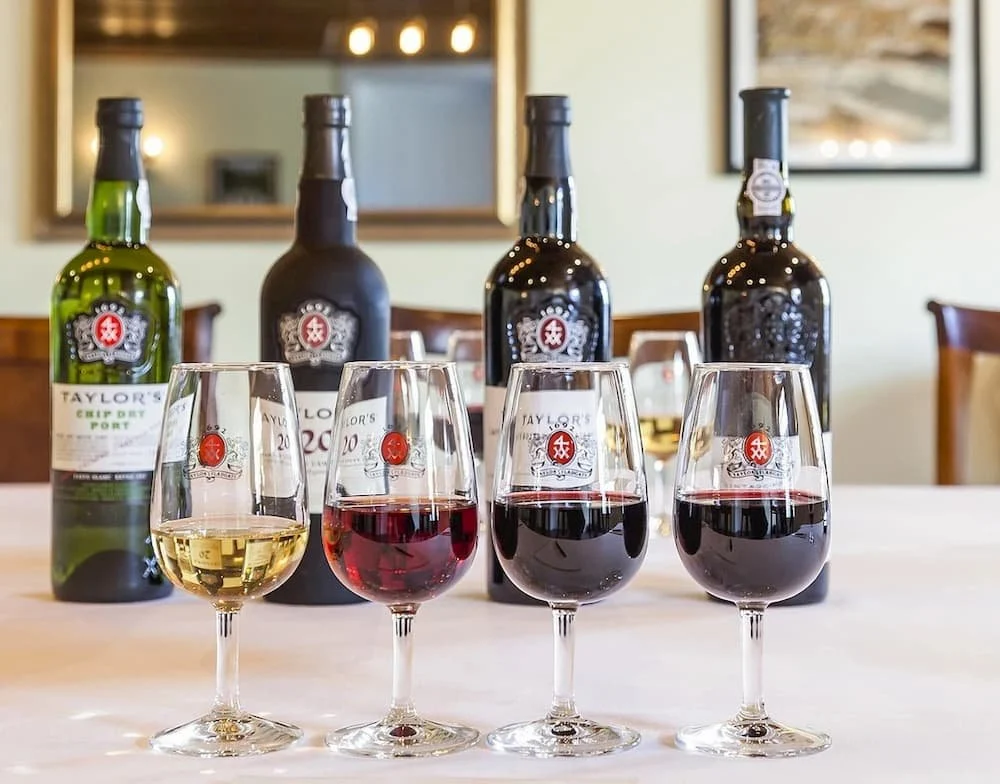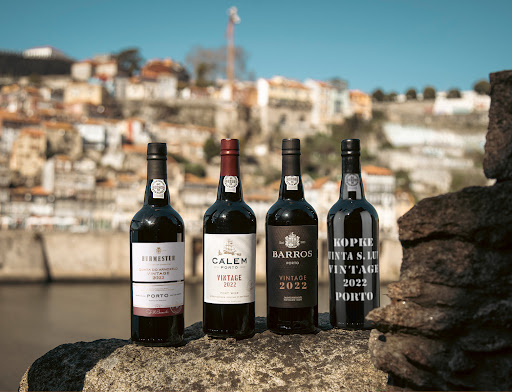Port wine stands as one of the world’s most distinguished fortified wines, offering an attractive journey through centuries of Portuguese winemaking tradition. Born in the mountainous Douro Valley of northern Portugal, this UNESCO World Heritage Site produces the only authentic Port wine in the world. What makes Port truly exceptional is its unique production process, where grape spirits are added during fermentation, creating a sweet, high-alcohol wine that has enchanted wine lovers for over 400 years.
From the deep ruby hues of vintage bottles to the golden amber of aged tawnies, Port wine encompasses an extraordinary range of styles, each offering distinct flavors and aromas that pair beautifully with everything from rich cheeses to decadent desserts. Whether you’re a seasoned connoisseur or curious newcomer, understanding Port wine opens doors to one of the most rewarding and complex wine categories available today.
What Makes Port Wine Unique
Port wine is exclusively produced in Portugal’s Douro Valley, the world’s first officially demarcated wine region established in 1756. This fortified wine is created by adding brandy during fermentation, which stops the process and preserves natural grape sugars, resulting in a sweet, high-alcohol wine typically ranging from 19-22% alcohol by volume.
The production involves around 80 different grape varieties, with key red varieties including Touriga Nacional, Touriga Franca, Tinta Barroca, Tinto Cão, and Tinta Roriz. Each grape contributes unique characteristics: Touriga Nacional provides intense floral notes and dark fruit flavors, while Tinta Roriz adds cherry and raspberry notes with earthy undertones.
Main Styles of Port Wine
Ruby Port maintains its youthful, deep red color and is designed for immediate consumption. This basic blend offers fiery, fruit-forward flavors without excessive tannins, making it an excellent introduction to Port wine.
Tawny Port ages in wooden barrels, developing a characteristic amber-brown color and complex nutty, caramel flavors. Aged Tawny Ports are labeled with specific aging periods of 10, 20, 30, or 40 years, becoming increasingly delicate and refined with time.
Vintage Port represents the pinnacle of Port production, made only in exceptional years from the finest grapes. These wines mature primarily in bottles and can age for decades, developing extraordinary complexity and depth.
White Port is crafted from white grape varieties and comes in dry, off-dry, and sweet styles. Popular in Portugal as Port Tonic cocktails, it offers a refreshing alternative to traditional red Ports.
Late-Bottled Vintage (LBV) Port comes from a single year but is bottled four to six years after harvest, offering vintage character with earlier drinkability.
Flavor Profiles and Tasting Notes

Port wine offers an extensive flavor spectrum ranging from citrus and floral notes to rich chocolate and spice. Common flavor categories include fresh fruits like cherries and raspberries, dried fruits such as figs and dates, nuts including almonds and hazelnuts, and complex notes of honey, toffee, and exotic spices.
The diverse grape varieties contribute distinct characteristics: Touriga Nacional brings violet and blackberry notes, while Touriga Franca adds strawberry and floral elements. These complex flavors develop and evolve through careful aging processes, creating wines of remarkable depth and sophistication.
Perfect Food Pairings
Port wine’s versatility shines through exceptional food pairings. Classic combinations include aged cheeses like Stilton or Roquefort with Vintage Port, where the wine’s sweetness balances the cheese’s saltiness. Tawny Port pairs beautifully with nuts, emphasizing its caramel and nutty characteristics.
For dessert pairings, Ruby Port complements chocolate-based desserts, while White Port works wonderfully with fresh fruit or as an aperitif. More adventurous pairings include duck confit with Ruby Port or smoked salmon with crisp White Port.
Health Benefits and Enjoyment
Moderate Port consumption may offer health benefits due to high antioxidant content, particularly resveratrol, which supports cardiovascular health and may reduce inflammation. These antioxidants, including flavonoids and polyphenols, contribute to brain health and may help combat age-related cognitive decline.
Port wine represents more than just a beverage—it’s a cultural experience connecting drinkers to centuries of Portuguese winemaking heritage while offering endless opportunities for discovery and enjoyment.


